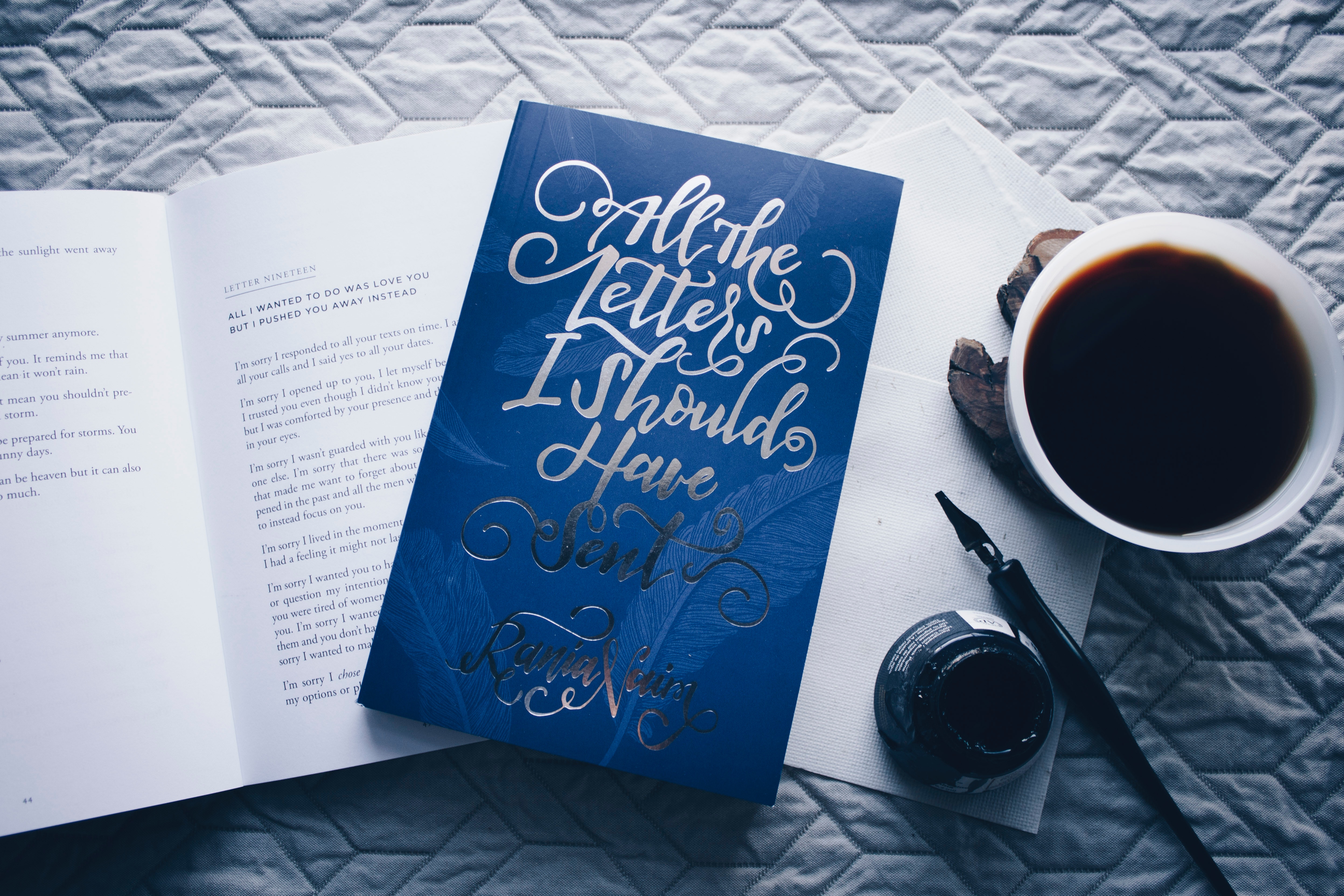
I am going to share the processes that I learned at a creativity retreat last weekend so you can awaken your creativity, too!
Last weekend I attended a weekend retreat called Awaked Creativity With Sister Ocean and it was fabulous! My intention in attended this retreat was, well, to awaken my creativity, and specifically regarding my musical efforts. A few years ago I began to feel disillusioned with my relationship to the music business as my hunger for spirituality grew. I felt lost and I got to the point where I just didn’t feel like doing it anymore. Then, I was going to try and do it again and suddenly my son was in a near fatal accident and my whole world stopped. So, I was looking for a way out of my blocked status and I am happy to report it did not disappoint!
A Meditation and Writing Retreat
Calling all meditators who want to write and writers who want to meditate - you don’t have to choose! This experiential weekend retreat will explore how the creative process can awaken a heartfelt experience of the Dharma and how the Dharma can awaken the creative process. The practices will be grounded in the Plum Village tradition of Thich Nhat Hanh.
Bring your favorite note book, a good pen, and an instrument if you wish!
All levels of practitioners are welcome.
ABOUT THE TEACHER:
Sister Ocean is a Buddhist nun ordained in the Plum Village tradition of Thich Nhat Hanh. Originally from Ontario, Canada, she received novice ordination in 2012 and full ordination in 2016. For the past 3 years she has been living at Blue Cliff Monastery in upstate New York. She is a musician and a poet, holds a BFA in Theater, and has been writing the Mindful Living series for Buddhist Door Global since 2013.
I am going to share the processes that we learned so you can awaken your creativity, too! Feel free to skip over the examples I share that are my own exercises I did at the retreat if you want to just learn from the description and get down to work if you don’t think you need to read my crap to get to your crap. LOL. Or, if you feel they may be helpful they are there.
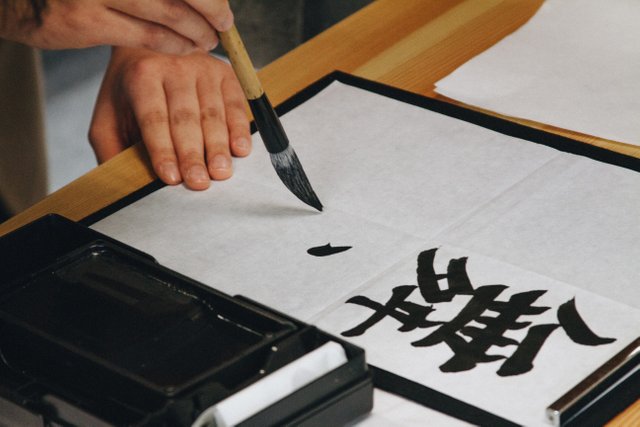
The Beginning
The beginning of the retreat began in meditation. So, immediately what I got was that I was going to be creating new rituals with my creating and music writing sessions that begin with meditating and setting an intention. While the setting intention part was not specifically mentioned in this retreat, and I am going to write her and ask her about this in her work, setting intention used to be part of my practice long ago before I fell off the spirituality wagon. After the 10 day retreat I set an intention to set intention so that is what I am going to do! I am going to meditate for 15 minutes right now and my intention is to clearly communicate to you as best I can the processes we used to have creative breakthroughs.
…
I am back from my meditation cushion and what I have done here is to begin to settle my mind. What a wonderful way to start a creative session. The meditation can be done if you already have an intention or you are not sure what your intention should be. By settling the mind you may create the space needed for an intention to arise. You can start small with this meditation and start with 5 minutes and work your way to longer sittings. Once you begin to feel the benefit from settling your mind you will no doubt want to take it further.
Morning Pages
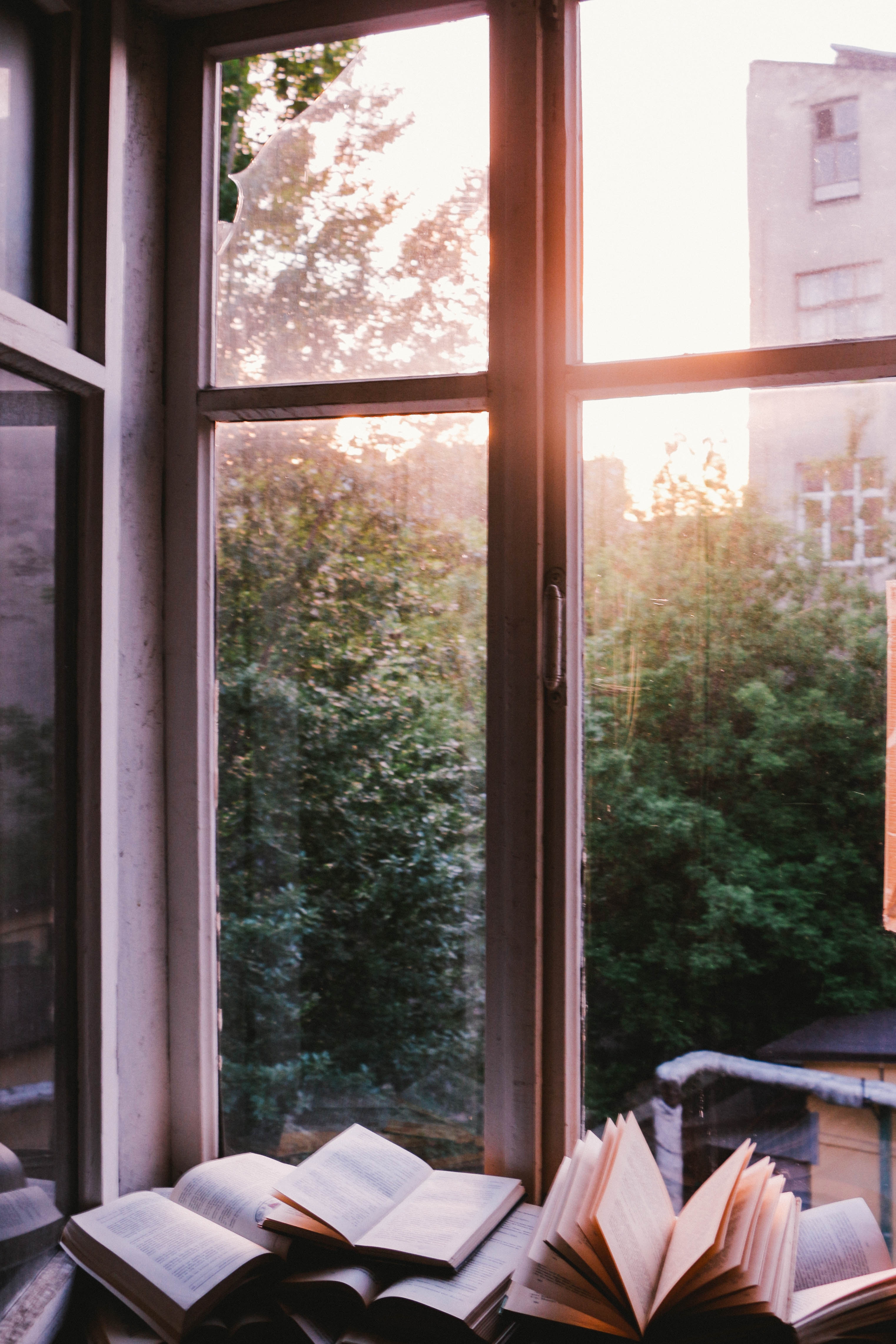
How long should morning pages take?
Although they do take time (about 30-40 minutes), they actually make more time than they take because we move more efficiently through our day. They are three, single-sided, 8.5x11 pages (so in other words, not 6 pages). Yes, they must be done in the morning. Yes, they must be done by hand.
~ Morning Pages: why 3 pages? | Julia Cameron Live
She goes on to say:
Morning Pages are three pages of longhand, morning writing about anything. There is no wrong way to do Morning Pages, and they are for your eyes only. Doing Morning Pages, we find that we go into our day with more clarity. Although they do take time (about 30-40 minutes), they actually make more time than they take because we move more efficiently through our day.
They are three, single-sided, 8.5x11 pages (so in other words, not 6 pages). Yes, they must be done in the morning. Yes, they must be done by hand.
Why three pages?
Ordinarily, the first page and a half is pretty easy. The second page and a half is more difficult, but it moves us into action. More than three pages invites self-obsession. It's a little bit like when you go to see a therapist, and you say "when will I see you again?" You're hoping they'll say "every day," but instead they say "how about in a week?"
Three pages seems to be the ideal length.
Sister Ocean said she sometimes rotates between mediation and morning pages. You find what works for you.
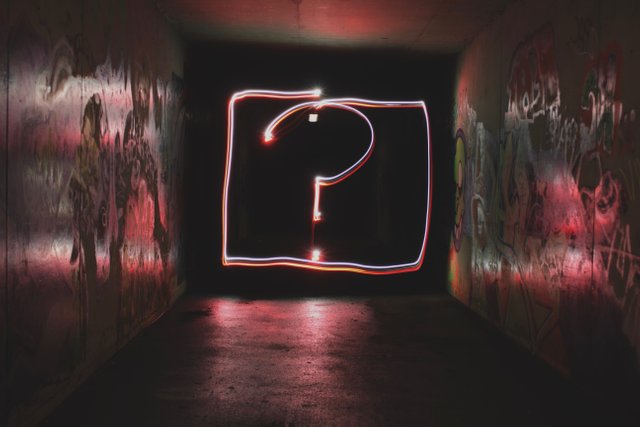
Questions to Ask Yourself
Sister Ocean gave us an exercise to sit in a group of three and ask ourselves these three questions and then tell our group the answer to them for three minutes:
- What do you enjoy or love about writing?
- What scares you about writing?
- What do you never write about?
So, let’s say we are sitting together. You can start or I will start. If you go first or I go first, here are my answers now:
- What I love about writing is self-discovery, discovery or knowledge and reaching others to share what I feel is important about life
- What scares me about writing is nothing! It’s because I have developed the habit. What used to scare me after my son’s accident is that I was so numb with grief I felt I could not possibly find any inspiration to write. But, I did after @teamsteem reached out to me to come back on the platform because I was gone for a year. It was a bit of a challenge at first but I decided to teach myself the fundamentals of Buddhism and share it with you guys and the rest is history.
- What do I never write about? There is no subject I’m no willing to explore so I don’t avoid any subject. I guess I could say I never write about politics but that’s not entirely true because I’ve written a lot about it on FB.
You?
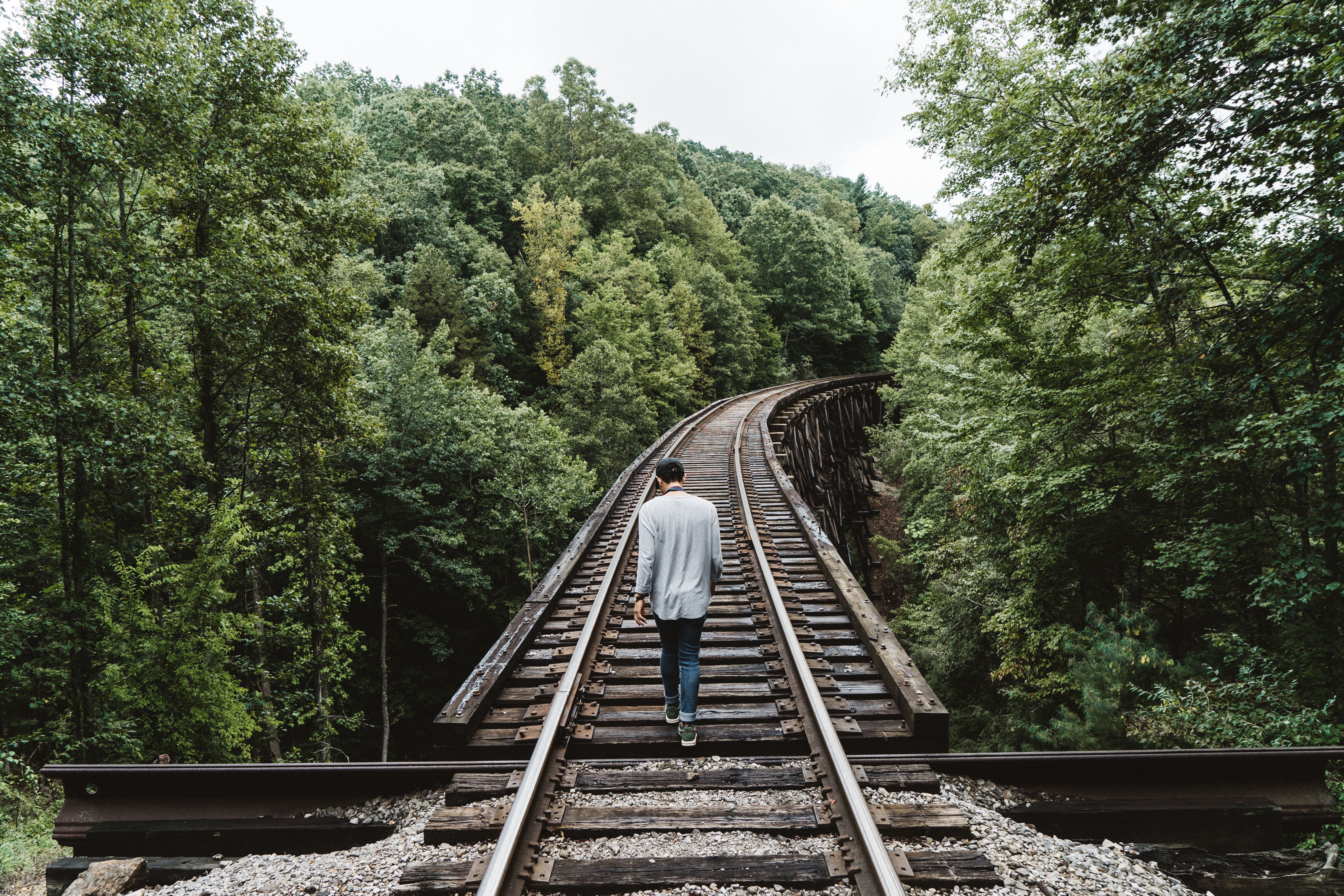
Walking Meditation
A great practice to do either in the beginning or middle of a writing session of you need to take a break and feel stumped is to get up and do a walking meditation. From what I can see, I think walking meditation is highly valued in each Buddhist tradition and I have done them in both Buddhist Insights retreats as well as other events/retreats I've participated in on the West Coast. Here is a beautiful description from Jack Kornfield from his book The Wise Heart:
One of the most useful and grounding ways of attending to our body is the practice of walking meditation. Walking meditation is a simple and universal practice for developing calm, connectedness, and embodied awareness. It can be practiced regularly, before or after sitting meditation or any time on its own, such as after a busy day at work or on a lazy Sunday morning. The art of walking meditation is to learn to be aware as you walk, to use the natural movement of walking to cultivate mindfulness and wakeful presence.
To practice, select a quiet place where you can walk comfortably back and forth, indoors or out, about ten to thirty paces in length. Begin by standing at one end of this “walking path,” with your feet firmly planted on the ground. Let your hands rest easily, wherever they are comfortable. Open your senses to see and feel the whole surroundings. After a minute, bring your attention back to focus on the body. Center yourself, and feel how your body is standing on the earth. Feel the pressure on the bottoms of your feet and the other natural sensations of standing. Let yourself be present and alert.
Begin to walk a bit more slowly than usual. Let yourself walk with a sense of ease and dignity. Relax and let your walking be easy and natural, as if you were a king or queen out for a royal stroll. Pay attention to your body. With each step feel the sensations of lifting your foot and leg off of the earth. Then mindfully place your foot back down. Feel each step mindfully as you walk. When you reach the end of your path, pause for a moment. Center yourself, carefully turn around, pause again so that you can be aware of the first step as you walk back. You can experiment with the speed, walking at whatever pace keeps you most present.
Continue to walk back and forth for ten or twenty minutes or longer. As with the breath in sitting, your attention will wander away many times. As soon as you notice this, acknowledge where it went softly, “wandering,” “thinking,” “hearing,” “planning.” Then return to feel the next step. Like training a puppy, you will need to come back a thousand times. Whether you have been away for one second or for ten minutes, no matter. Simply acknowledge where you have been and then come back to being alive here and now with the next step you take.
Use the walking meditation to calm and collect yourself and to live more wakefully in your body. Practice at home first. You can then extend your mindful walking in an informal way when you go shopping, whenever you walk down the street or walk to or from your car. You can learn to enjoy walking for its own sake instead of the usual planning and thinking and, in this simple way, begin to be truly present, to bring your body, heart and mind together as your move through your life.
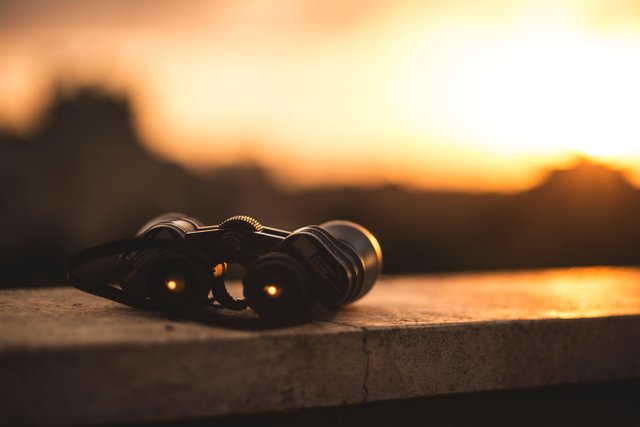
A Writing Prompt – It’s Like This
If you’ve ever heard of something called sense writing, the concept is writing about things you perceive through your five senses. A mindfulness practice created by Ven. Ajahn Chah and he wrote in the book of the same title – It’s Like This. A description of how he teached goes like:
Another image Ajahn Chah used for practicing meditation is the leaves in the trees and the forest. Quite naturally, the leaves in the forest are quite still. Only when the wind blows will the leaves vibrate or shake, be blown back and forth. In the same way, our mind, our actual mind, our real mind, is always still and steady. It’s the moods of the mind that shake it.
When the winds of our moods, impressions, thoughts and feelings come up, we take the mind to be the various moods and impressions, rather than recognizing that it’s just the winds of mood, of thought and feeling, of perception. The underlying mind is the quality of knowing. The underlying mind is the quality of being present. With that quality, we are able to distinguish between the wind of mood and the quality of knowing and able to be attentive, and recognize that both those things are happening. The moods of the mind – the impressions, the reactions, the additions that we make and the proliferations that we add – affect what we consider to be the mind. In fact, we misperceive experience or don’t recognize the distinction between the two.
One doesn’t stand outside and force the wind not to blow or get upset because the wind does blow. It’s just a natural phenomenon. In the same way, we can allow the mind to become steady, to become peaceful, to attend in ways that don’t get caught up in the activity of the mind. Or, we can be swept up by the winds of change that blow through the mind, but see that as a natural phenomenon. Ajahn Chah was skillful at getting us to really pay attention to the nature and naturalness of the practice – that very natural reality we easily miss.
~From It’s Like This Free ebook available at this link
So, what does this mean? It means observing what is happening without giving it meaning. Just writing down what IS.
I wrote this for the It’s Like This exercise:
Stress pains in my back muscles
Stories about leaving the retreat
Waves crashing into the shore
People scattered about the beach
Ducks floating on the water
More stories
Searching for the lynchpin to pull and release me from my suffering
Deep breaths
Searching for relief
Waiting to be released
Hoping for a respite
Praying on a friend
The braggart
So, that’s it. It was just an exercise. And I was sitting on the beach with the group. Do you have questions? Would you like to try it?

Write a Bad Poem
The next exercise was to write a bad poem. I admit, this isn’t BAD enough. But it is what came. I wish I had copies of some of the groups bad poems because a lot of them were read at the end and were truly bad it’s was glorious! The purpose is kind of like morning pages…just write a bad poem and don’t try to make it good. This is just what came for me:
White Buddha, green palm
Candlelight, dharma song
Grab a cushion, ring the gong
Feed the sangha, sing along
Chanting voices, rising hearts
Brand new choices, brand new starts
Everything is changing all the time
On the road back home
Waves in ocean, shifting sands
Dharma potion understands
Life’s in motion nothing stands alone
On the road back home
Chanting chorus, rising sound
Teachings for us are passed down
Two thousand six hundred years and on
On our way back home
But PLEASE give yourself permission to write something bad! Me? Bad poem FAIL. Not that it’s good either. But it's not truly awful.
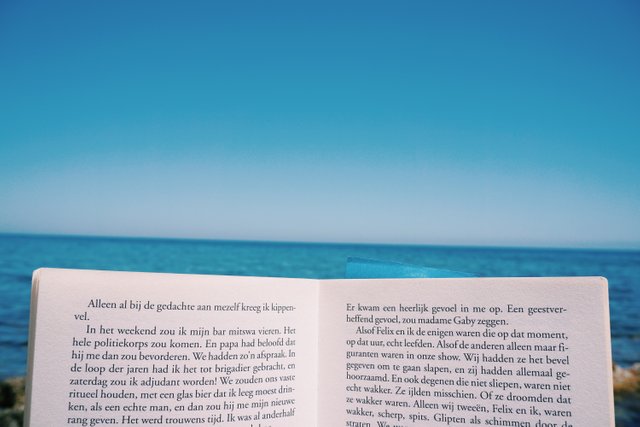
Writing Prompts from a Book
Another great exercise we did was to just open a book and use two sentences as a writing prompt and do that 10 times for three minutes each then move on to the next one. So, I grabbed a Buddhist book and I used prompts not to write but to sing the prompts and create a melody. It wasn’t particularly fun but it got the energy moving. If one would write then it would just write some words off the prompt for three minutes then move on to the next.
The last exercise of the retreat was to write a piece of our choosing and I chose to try and write a song based on writing prompts from a book. I have been wanting to explore writing music specifically related to Buddhism so this was my bad first attempt in all its cheesy gloriousness. I can say that I think it is truly bad (it’s a first draft so I WILL work on it to make it beautiful) and I think this qualifies me for graduation from the retreat:
The sparkling hills are calling
All that you’re meant to be
The nighttime curtain’s calling
People come and see
The field between right and wrong
The place where we are strong
Bodichitta
Rise up pure in our minds
Bodichitta
Gentleness and kind
It’s giving me faith
It’s giving me life
It’s giving me everything I’ve ever hoped to find
It’s giving me peace
It’s giving me light
It’s giving me everything I’ve ever hoped to find
I’ve ever hoped to find
So, while it may not seem so terrible on the surface I sang it for the group at the end, my lips were trembling and my voice came out it squeaks. I made it to the Hall of Terribleness. Hooray!
I hope you join me here and try some of the exercises. If you can give yourself permission to be awful you will be unstoppable when it comes time to mine for the gold.
What do you think?
Recent posts
My First 10 Day Buddhist Samatha-Vipassana Meditation Retreat in NYC

@soulsistashakti is a musical artist and writer based in NYC as well as a practitioner of Buddhist teachings. You can check out my music on my FB artist page at https://www.facebook.com/soulsistashakti
Check out my blog for other essays on Buddhism and meditation
I like this
Downvoting a post can decrease pending rewards and make it less visible. Common reasons:
Submit
Thank you and thanks for the resteem!
Downvoting a post can decrease pending rewards and make it less visible. Common reasons:
Submit
really enjoying your journey and learning from it too. I did the morning pages for 5 months unbroken chain, and they revealed a lot about myself to me!
Downvoting a post can decrease pending rewards and make it less visible. Common reasons:
Submit
I'm not to surprised you did that Ann :) You're a dedicated writer.
Downvoting a post can decrease pending rewards and make it less visible. Common reasons:
Submit
This post has been upvoted and picked by Daily Picked #18! Thank you for the cool and quality content. Keep going!
Don’t forget I’m not a robot. I explore, read, upvote and share manually :)
Downvoting a post can decrease pending rewards and make it less visible. Common reasons:
Submit
Thank you @dailypick :)
Downvoting a post can decrease pending rewards and make it less visible. Common reasons:
Submit
I am a newcomer in your blog.salam for you
Downvoting a post can decrease pending rewards and make it less visible. Common reasons:
Submit
Thank you @mardy
Downvoting a post can decrease pending rewards and make it less visible. Common reasons:
Submit